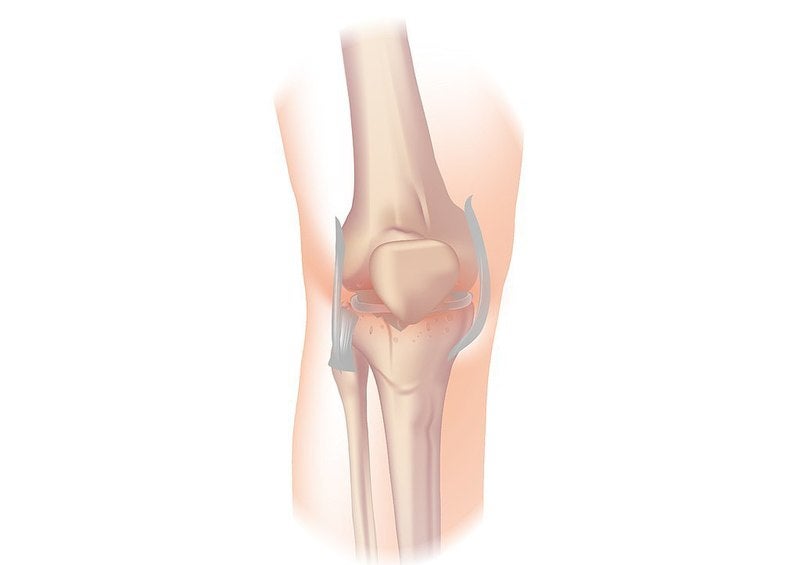
Paradigm Biopharmaceuticals has reported positive real-world evidence (RWE) of its injectable pentosan polysulfate (iPPS), an antithrombotic agent, in 205 patients suffering from knee osteoarthritis (OA).
Data showed a more than 50% decrease in pain across all the patients.

Discover B2B Marketing That Performs
Combine business intelligence and editorial excellence to reach engaged professionals across 36 leading media platforms.
The company noted that the latest results from 22 patients along with those from the initial 183 subjects brings the average decrease in pain scores to 51.3% across the total 205 patients.
Findings from the additional 22 patients demonstrated sustained average knee pain reduction.
Of the total patients, 89.7% experienced a reduction in joint pain and 91.2% had an improvement in knee function.
In addition, pain scores were found to have decreased by more than 51.3%, while the function was improved on an average of 58.4% from baseline pain scores in 205 participants with knee osteoarthritis (OA) and concurrent bone marrow lesions (BML).

US Tariffs are shifting - will you react or anticipate?
Don’t let policy changes catch you off guard. Stay proactive with real-time data and expert analysis.
By GlobalDataThe company has also obtained RWE of patients with osteoarthritis of other joints such as the hip, ankle and hands. These data are expected to be available in the fourth quarter of CY2019.
Paradigm Biopharmaceuticals CEO Paul Rennie said: “Our strategy of obtaining real-world evidence as we prepare our FDA IND submission for our Phase III OA trial will provide valuable data on our newly manufactured Phase III trial product and will assist in fine-tuning our Phase III trial design.”
Last month, the company reported that a Phase IIb study of iPPS for treating osteoarthritis of the knee met its key secondary endpoints.
Results showed that the therapeutic led to improved knee function and pain reduction, along with a decrease in bone marrow lesion grade, volume and area.





